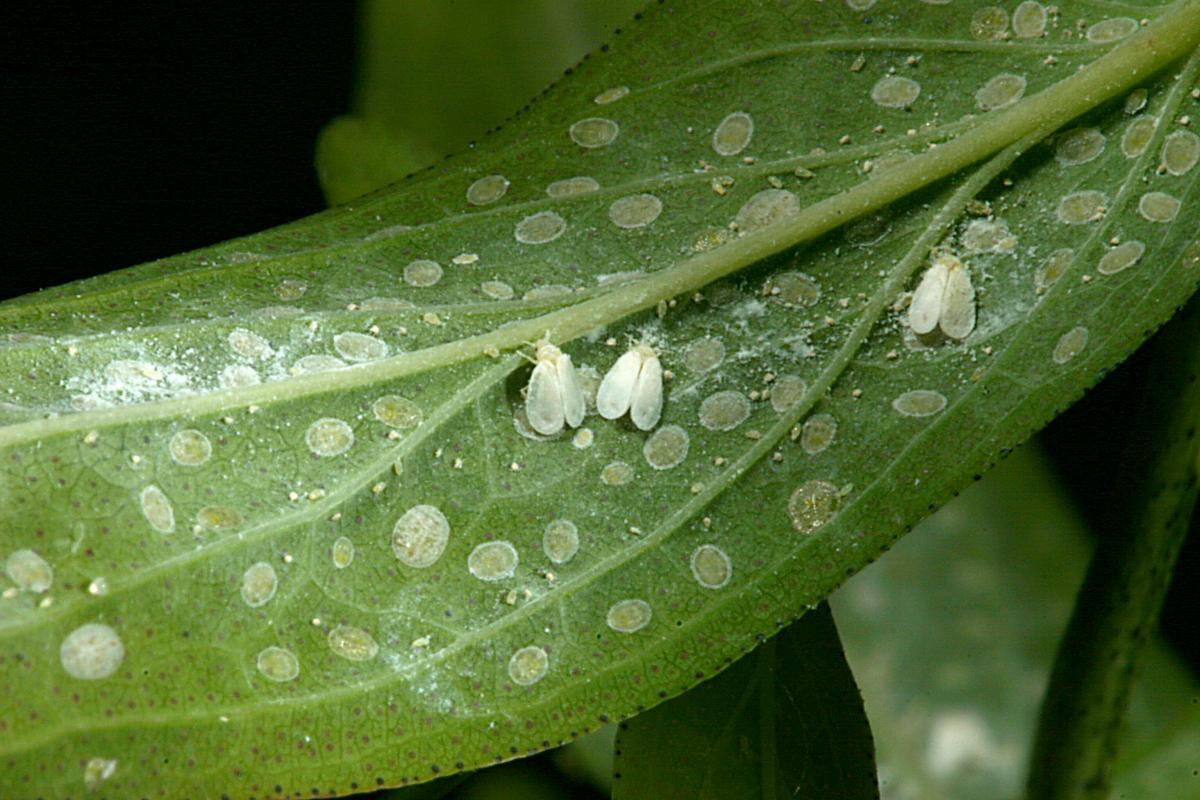How to Keep Your House Plants Happy and Disease Free
House plants are a wonderful way to bring a hint of nature indoors. The most aggravating discovery for you is to find out that your plant’s leaves are full of holes when just a few days before they seemed perfectly healthy. The culprits of these ravages are plant insects or pests.
While you might not notice what lives on your plants outside, once you bring them in for the winter, common garden pests like ants, mealy bugs, slugs, and many more are hard to ignore. Once inside your home, the warm climate and lack of predators mean these unwanted guests can multiply quickly and infect other plants.
There are however certain ways to prevent these insects and pests from approaching your plants and destroying them, by removing all the places where pests are likely to proliferate.
Plant insects can easily be controlled because they are on such a small scale. Insects or bugs are much more mobile when they are young, but they are always looking for a place to settle where they won’t be disturbed. In fact, this is why your house plants can be bothered with insects. The solution to this problem is usually a general insecticide.
One type of bug that will commonly bother your house plants is the aphid. Aphids have a soft body and can be easily controlled with pesticides and insecticide soaps. Other bugs most often encountered include mealybugs, mites, scale, thrips, whiteflies and other various soil insects. Tiny spiders can also be another problem.
Signs of attacks on your house plants by insects can include leaves turning a yellow or brown colour, plants starting to wilt and stop growing, jagged holes starting to appear in the foliage or a honeydew type substance smeared on the plants.
How to care for your plants to avoid indoor plant pests
“It's always easier to prevent the disease than to cure the patient.” That's just as true for house plants as it is for people.
Many books have been written on plant diseases and insect infestation. However, the number of house plants that fall prey to these ills is small compared with the tremendous majority that dies from neglect or from the gardener's lack of knowledge of the habits of the plants themselves.
By far the major cause of failure in house plants is neglect. Plants need watering, pruning, a time in the sun, proper food and soil and good living conditions. They must be provided with an atmosphere in which they can prosper, with a reasonable temperature, proper humidity and enough fresh air.
Selecting the healthiest plants and controlling infestations are a good start to prevent pests from invading your indoors. When you purchase new plants, take the time to make sure that they do not have an insect infestation of one sort or another. Again, when you bring your summer plants into your home for the winter, check for bugs. Sometimes this may be tricky as the bugs will burrow their way into the soil, but you will want to make certain that there is no evidence of a present infestation.
Keep all new plants away from other house plants for a couple of weeks. Don't worry if you don’t have enough window space for quarantined plants. A plant will live in low light conditions for a few weeks.
Allow plants to dry out a bit between watering and cut back on fertilizer. Dry soil discourages moisture-loving insects, like springtails and fungus gnats, while scaly and mealy bugs will starve without nitrogen-rich soil.
Avoid adding organic material into your soil. It is not necessary to add fertilizer because the topsoil will have enough nutrients for the plants. You will also want to remove any fallen flowers and leaves, as this would allow moulds and fungus to grow into the soil.
Avoid placing plants in trouble spots, such as near heat or air conditioning ducts, on television, or between curtains and a frosty window. Place your plant so it can take its fair share of fresh air. You can also provide a little extra humidity to your plants with a pebble tray and some misting.
Look for pests every time you water your plant. If you notice any sign of infestations, give your plant a good wash. Small colonies of scales can be wiped off with an alcohol-dipped cotton swab. Large-leaved plants may be wiped with a soft cloth, moistened with alcohol or soapy warm water. Insecticidal soaps are available at nurseries and garden centres.
If your plant disease persists, consult your local garden nursery for advice or you may want to purchase a pesticide that will not hurt your plants. Be sure to use the right product for the insects you have, as some pesticides can actually kill certain house plants. When using any pesticides always make sure to read and follow the warnings that the manufacturer puts on the label.

